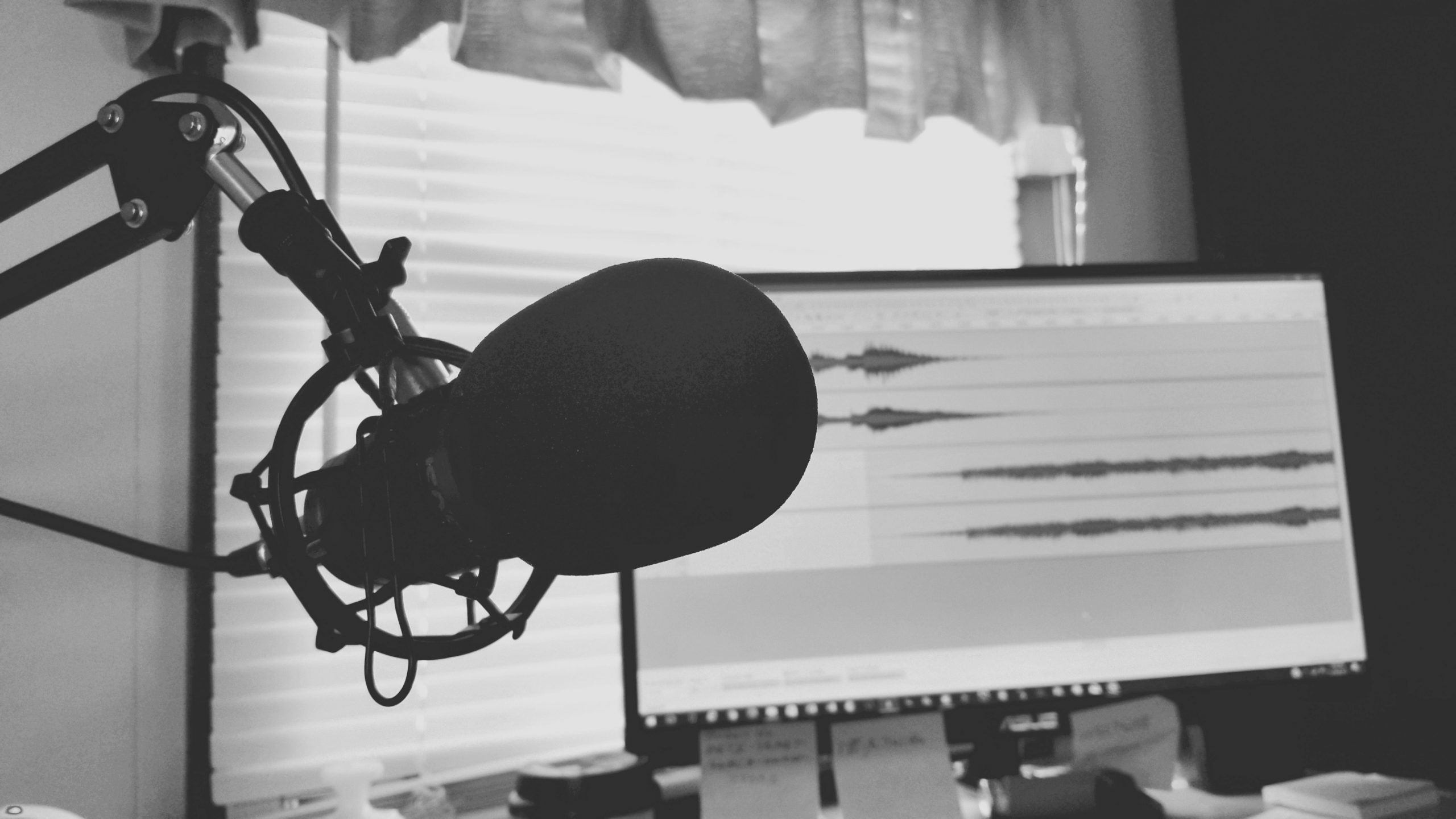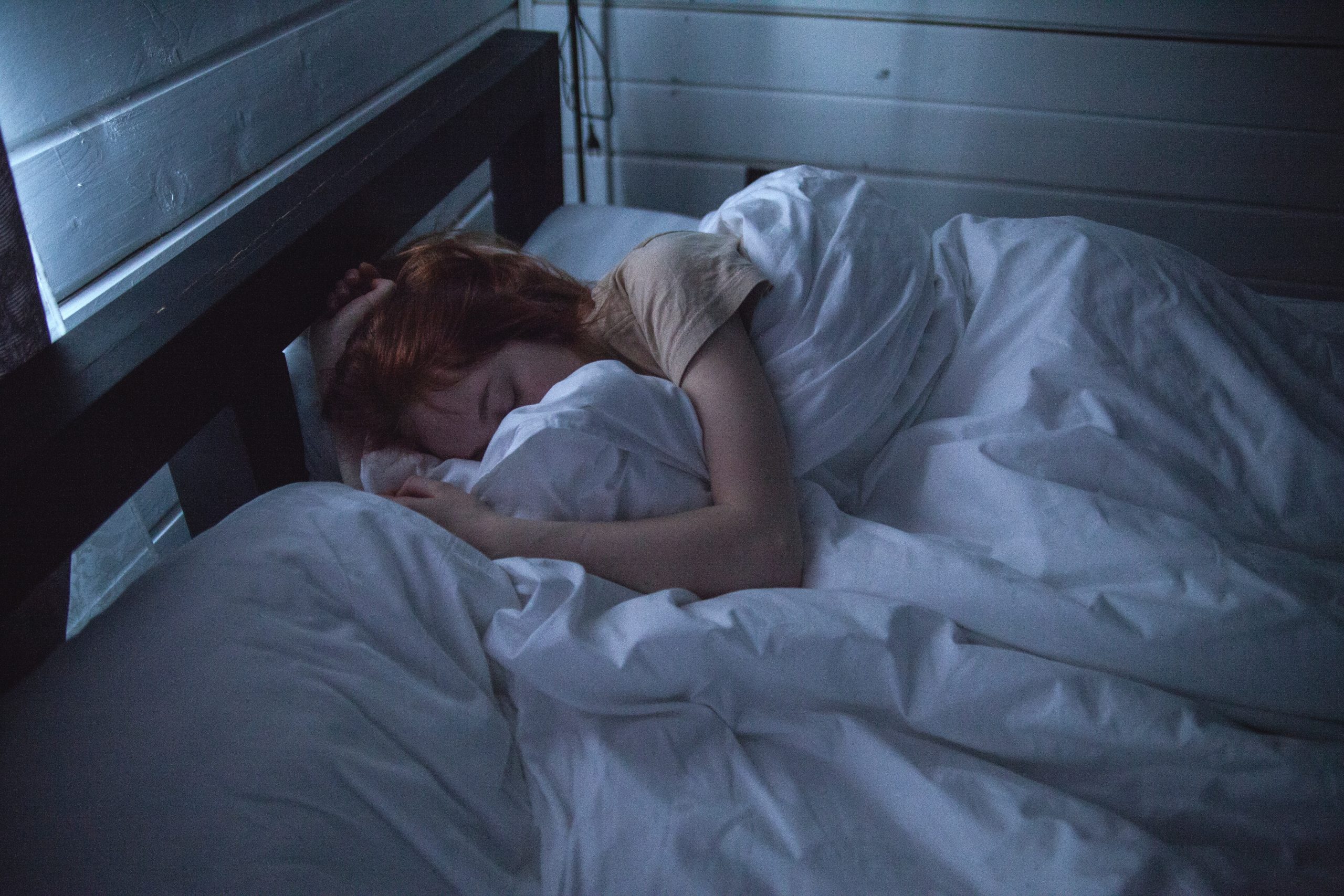
Podcast: Play in new window | Download (Duration: 32:18 — 29.6MB)
Subscribe: Apple Podcasts | Email | TuneIn | RSS | More
Trouble sleeping is a problem most people have had at some point in their life due to a stressful event or drinking too much coffee, but when it is frequent and begins to affect your day-to-day life, you may have a type of insomnia. Insomnia is a common problem, and it can come in the form of chronic, acute, middle, late, initial onset, and comorbid insomnia, with each referring to different types of sleeping issues. Dealing with insomnia can be stressful, and it tends to be more common in people who have depression and/or anxiety. Insomnia can have different causes, including:
- Stress
- Chronic Pain
- Restless Legs
- Sleep Apnea
- Poor Sleep Habits
- Certain Medications
- Caffeine Late in the Day
Having insomnia can be difficult, and can make sleep a stressful thing which may worsen the problem. Reducing stress and getting into a routine may help you fall asleep. If your insomnia is caused by restless legs you can try a mineral supplement which may help reduce muscle spasms and cramps, and there are some different treatment options for sleep apnea. It is important to get enough sleep each night as chronic sleep deprivation can contribute to the development of many different health conditions, and can affect your emotional health and energy levels.
Product Mentioned in Today’s Show
- EZ Relax – We’ve teamed nature’s greatest stress management ingredients to create a uniquely effective combination. Formulated with Ashwagandha, valerian extract, L-theanine, and GABA.
You can also listen to Counting Sheep, Need Some Sleep? on our YouTube channel here.


